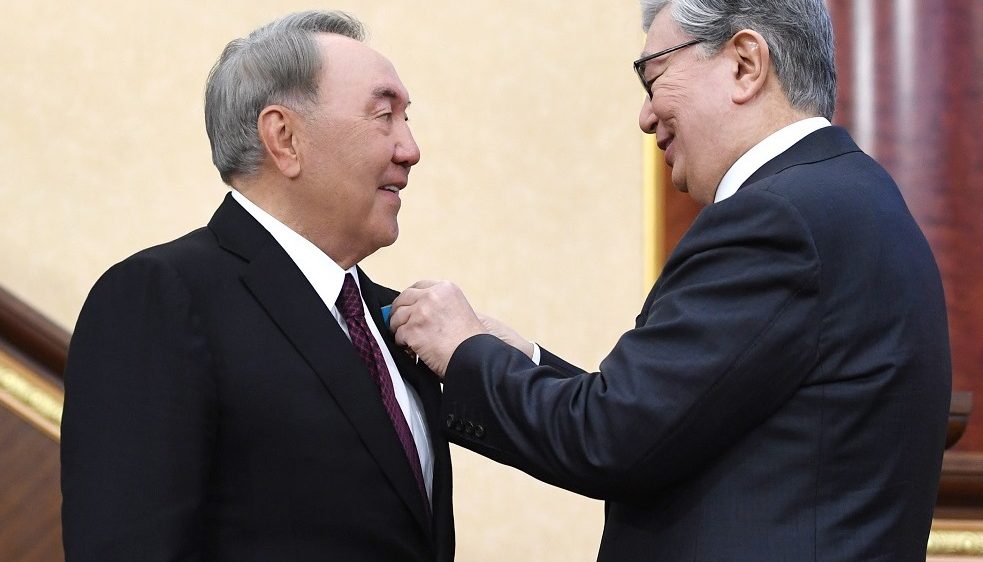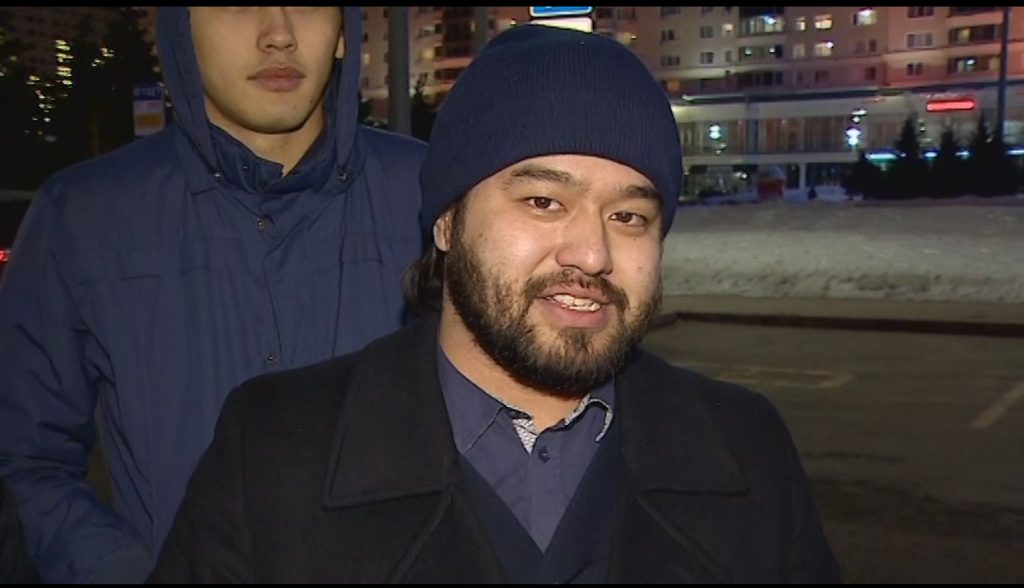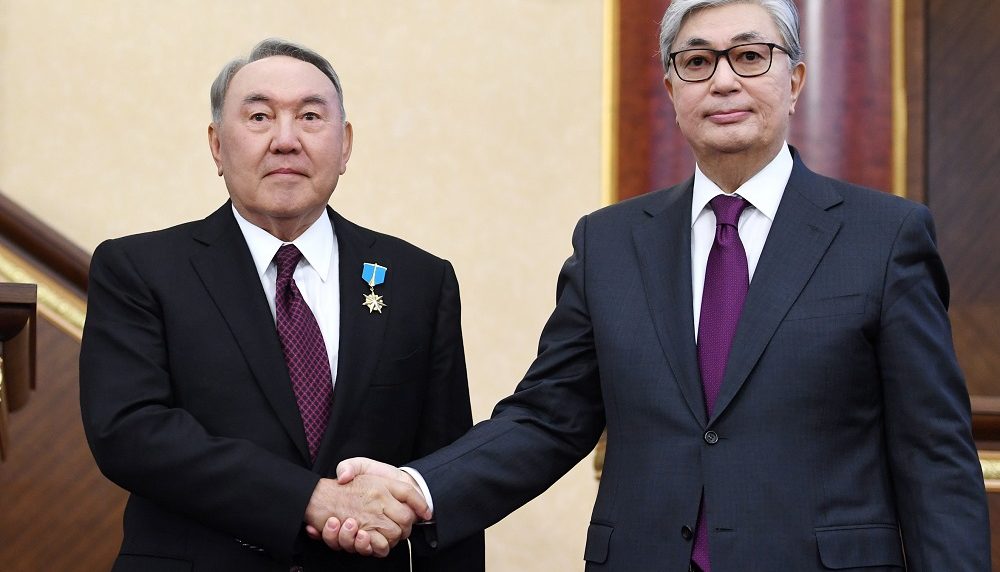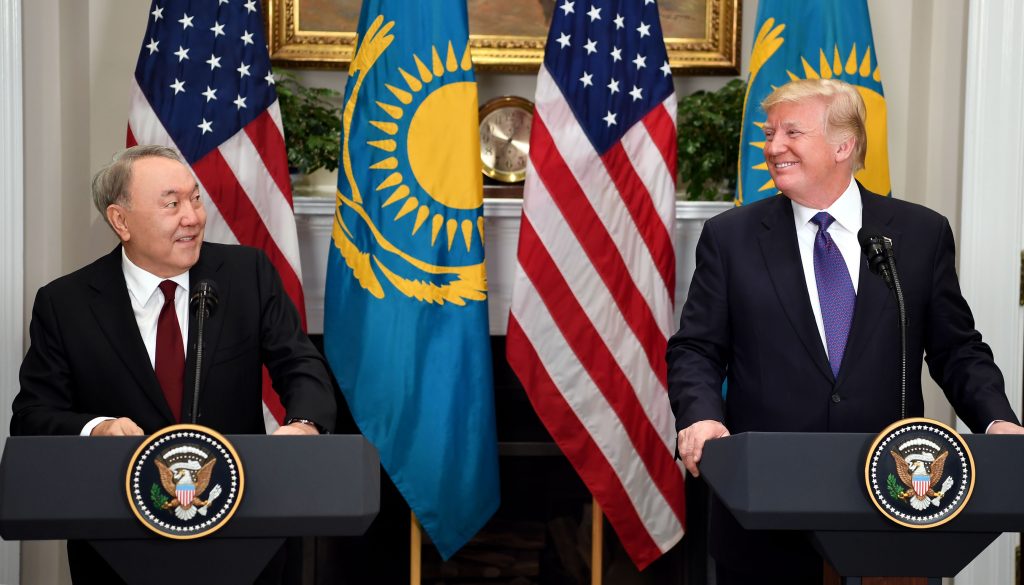Uncategorized
«The new concept of Kazakhstan’s foreign policy openly declares its intentions to secure the status of a“ leading state in the region ”» – states Andrey Chebotaryov, director of “Alternative” research center, in an article written specifically for CABAR.asia.
About the air that Dushanbe residents breathe in the next podcast from CABAR.asia
Follow us on Facebook

In this issue of the podcast, Lola Olimova, editor and programme coordinator of IWPR in Tajikistan, talks with the chief specialist of Environmental Protection Department of Dushanbe city, Khasan Sherov, about what determines the purity of atmospheric air in large cities and what is being done to improve its quality.
Is the air cleaner or dirtier in Dushanbe than it was 40 years ago? After all, in Tajikistan like in other Central Asian countries, the level of industrial production has significantly declined with factories not working for already 30-35 years? From what depends the cleanliness of air in big cities? What or who are the most persistent environmental violators in the capital? And finally, will the coronavirus (COVID-19) affect the environmental situation in the Central Asian countries? These and other issues are discussed in the 5-Stan podcast from CABAR.asia:
This article was prepared as part of the Giving Voice, Driving Change – from the Borderland to the Steppes Project
Central Asia Project Coordinator – Saferworld. Interests: community security, conflict prevention, peacebuilding, interethnic relations, border issues, politics, international relations
The history of the Kazakhstan-based airline, whose aircraft’s crash caused 12 deaths, is full of contradictions. (more…)
The murderers of the leader of the Zoroastrian community of Tajikistan, as well as the causes of this crime, are still unknown. (more…)
“The authorities have to realize that “political investments” do not work anymore. For geopolitical games, there is not enough money. Especially, for such an ambitious project as the Rogun HPP. An investor (external or internal) can only be interested with profits now”, Marat Mamadshoev, an analyst from Dushanbe, states in his material for CABAR.asia.
(more…)
In Tajikistan, the clergy want to restore their reputation and return their former social status.
(more…)
Читайте нас где удобно и когда удобно!









The Tajik authorities assert that the medical examination and treatment of children returned from Iraq continues, and further steps will be taken to implement programs for their return to families. However, the Tajik expert believes that the measures that government takes are not enough.
(more…)
Nazarbayev Resigns, But This is Not Goodbye

Nursultan Nazarbayev’s Safety Cushions
Here we describe the most important posts that the ex-president of Kazakhstan continues to hold and what authorities they give.





